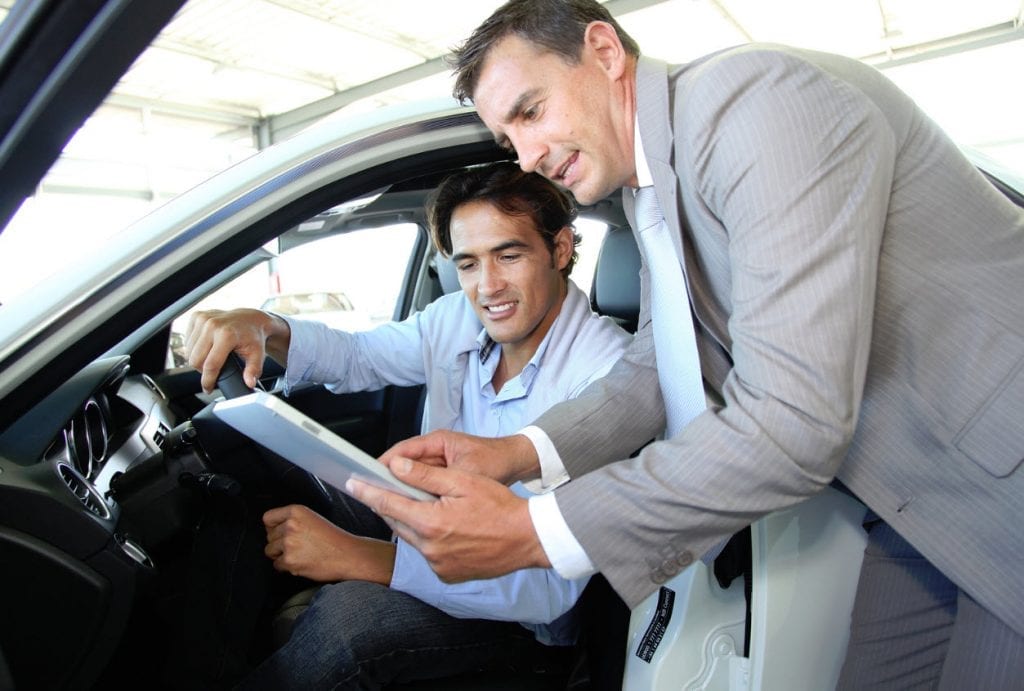this is down to more cars being on the road and more careless driving as people take more risks to get to work on time. This year it is predicted there could be a further rise of between 3-10% on insurance premiums due to reinsurers (the insurers for the insurance companies) increasing their own premiums because of a concern over how easy insurers are paying out. The issue is that it is generally a small proportion of drivers who actually have accidents regularly but those costs have to be spread out amongst all of the drivers so good drivers are paying for bad drivers. There needs to be a way of picking the good drivers out of the bunch instead of penalising them and now there is a way of doing that with vehicle tracking devices.
Vehicle tracking devices have traditionally been used by trucking companies to keep track of where their trucks are going, how fast they are going and ensuring that they didn’t detour and waste fuel at any point on the journey or in the event they get stolen they can be tracked. As the devices become more and more sophisticated however more metrics are measurable such as braking, accelerating, cornering, swerving and speeding meaning it is far more useful for insurance purposes, most trucks and lorry fleets are now using it and it is thought that it is only a matter of time before the technology trickles down to cars.
Obviously it would be completely optional if you wanted a vehicle tracking device fitted to your car, people![]() may have concerns over privacy but if you are offered a 25% reduction in your insurance premium in return for using one of the boxes then I’m sure most people would seriously consider it. The tracking devices would enable insurance companies to get a real time picture of what actually happened in minute detail meaning it would be easy to resolve whose fault the accident was and come to the correct decision instead of relying on witnesses and hearsay.
may have concerns over privacy but if you are offered a 25% reduction in your insurance premium in return for using one of the boxes then I’m sure most people would seriously consider it. The tracking devices would enable insurance companies to get a real time picture of what actually happened in minute detail meaning it would be easy to resolve whose fault the accident was and come to the correct decision instead of relying on witnesses and hearsay.
Aside from enabling insurance companies to decide who was at fault for an accident it would also enable them to collect more accurate data on age ranges and types of people who actually crash such as whether parents driving their children to school have more minor crashes but younger people have fewer more severe crashes. It would hopefully lead to a more tailored insurance plan for drivers depending on how they use their car and more accurate premiums.
Sarah Hewitt is an experienced writer who writes about anything and everything that interests her, this can range from travel to business, sport and electronics. You can contact her via her Twitter page or Google+

